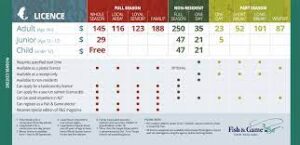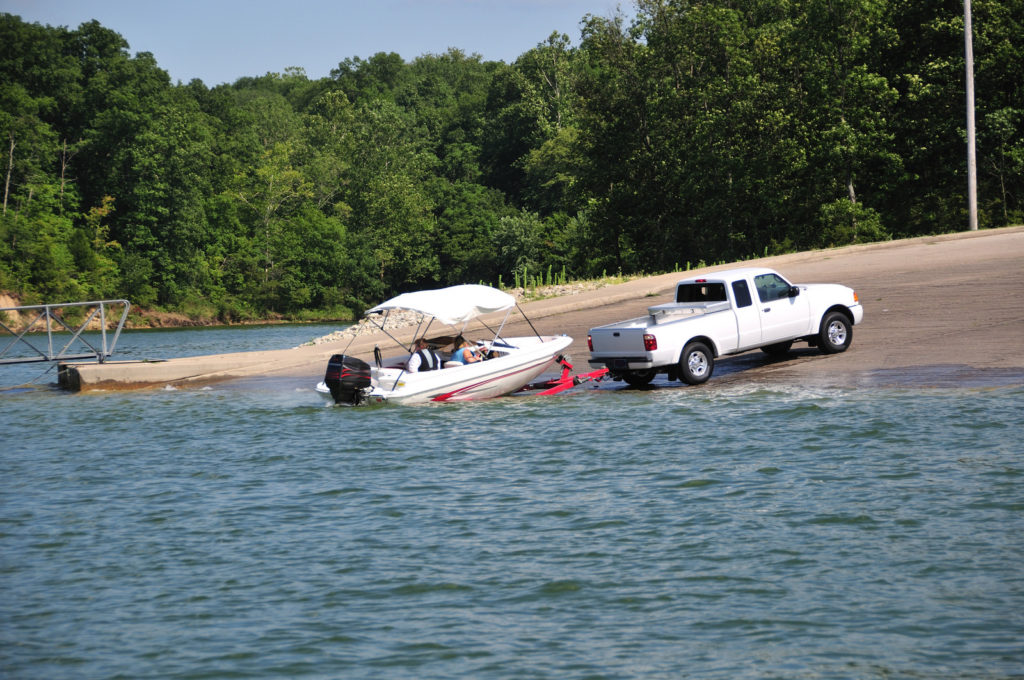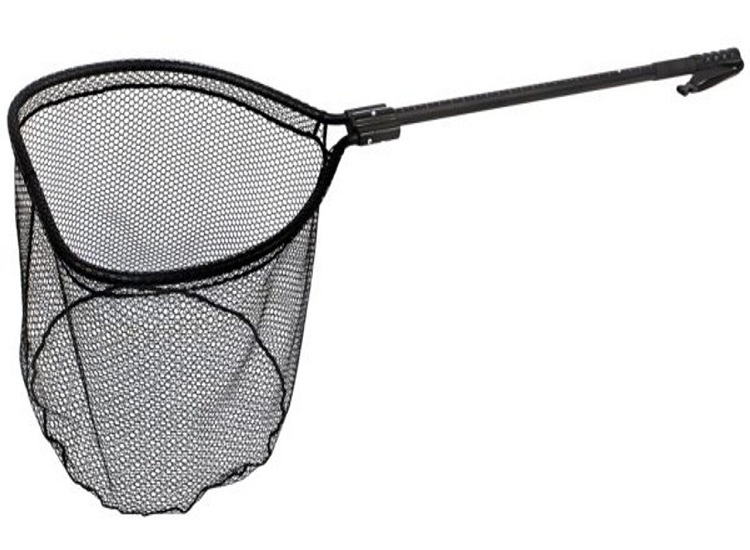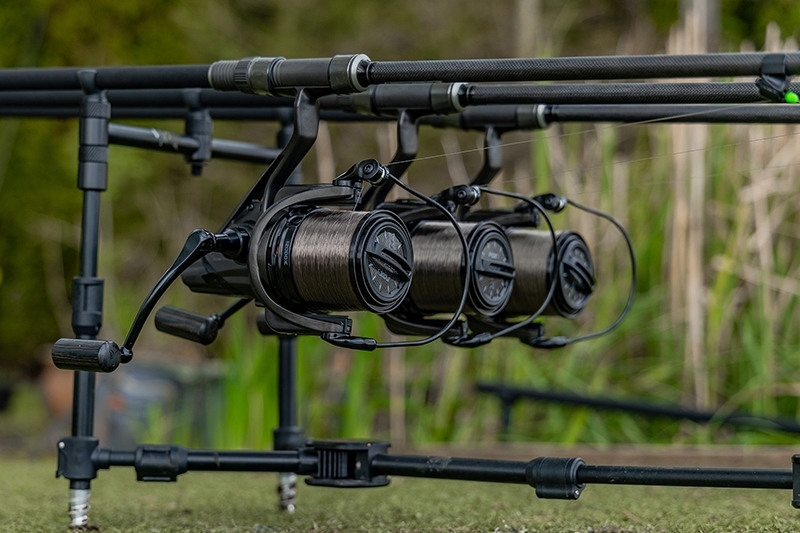Are you a fishing enthusiast looking to cast your line in local lakes, rivers, or oceans? Before packing up your gear and heading out on your next adventure, it’s important to understand the true value of a fishing license. Not only does having a license allow you to legally fish in specific areas, but it also supports conservation efforts and ensures access to public lands. In this blog post, we’ll dive into all the benefits of obtaining a fishing license and how it contributes towards preserving our natural resources for generations to come. And if you’re wondering “”””how much is a fishing licence?”””” – we’ve got that covered too! So sit back, relax and let’s explore why getting yourself a fishing license is worth every penny.
What is a fishing license?
A fishing license is a permit issued by state agencies that allows individuals to fish in specific bodies of water. It’s essentially a legal requirement for anyone who wants to engage in recreational or commercial fishing activities.
The cost of a fishing license varies depending on the state, duration and type of license you choose. You can usually purchase one at local bait shops, sporting goods stores or online through government websites.
Fishing licenses are typically valid for one year from the date of purchase unless otherwise specified. They’re also non-transferable, meaning you can’t give your license to someone else to use.
It’s important to note that having a fishing license doesn’t guarantee access to all bodies of water. Some areas may require additional permits or have special regulations, so it’s always best to check with local authorities before heading out on your next expedition.
Obtaining a fishing license is not only required by law but also contributes towards conservation efforts and management programs aimed at preserving our natural resources for future generations.
The benefits of having a fishing license
Having a fishing license may seem like an unnecessary expense for some, but the benefits of having one are numerous. First and foremost, a fishing license allows you to legally fish in your state’s waters without risking fines or penalties.
But beyond just avoiding legal trouble, a fishing license can provide access to unique and exciting opportunities that non-license holders don’t have. For example, certain bodies of water may only be open to licensed anglers, giving you exclusive access to prime spots with potentially better catches.
Additionally, purchasing a fishing license directly supports conservation efforts aimed at preserving aquatic habitats and species. The revenue generated from licenses goes towards initiatives such as habitat restoration and fish stocking programs.
Having a fishing license demonstrates responsible angling practices and shows that you’re invested in protecting our natural resources for future generations to enjoy.
The benefits of having a fishing license far outweigh any upfront costs. It not only provides legal access to favorite pastimes but also supports necessary conservation efforts ensuring accessibility for everyone who loves this sport.
How to get a fishing license
Getting a fishing license is an important step for any angler who wants to hit the water legally. Fortunately, obtaining a fishing license is relatively simple. The first thing you should do is check with your state’s fish and wildlife agency to find out what type of license you need.
Many states have different types of licenses depending on whether you are a resident or non-resident, how long you plan to fish, and what type of fish you plan to catch. Once you’ve determined which license suits your needs best, it’s time to apply.
In most cases, this can be done online through the state’s fish and wildlife website. You’ll typically need to provide some personal information like your name and address along with payment information in order to complete the application process.
Some states also offer options for purchasing licenses in person at designated retailers such as bait shops or sporting goods stores. Be sure to bring appropriate identification if applying in-person.
Purchasing a fishing license helps fund conservation programs that protect our nation’s natural resources while supporting public access opportunities for anglers everywhere. So take these steps seriously and get yourself legal before hitting the water!
The different types of fishing licenses

When it comes to fishing licenses, there are several different types available depending on a variety of factors such as age, residency status, and the type of water you plan to fish in. Let’s take a closer look at the different types of fishing licenses.
Firstly, residents can often purchase an annual or multi-year license that allows them to fish in any public waters within their state. Non-residents may also be able to purchase similar licenses for varying lengths of time.
Secondly, some states offer discounted licenses for seniors or disabled individuals who still want to enjoy the sport of fishing. These discounts vary by state and may require proof of age or disability.
Thirdly, those interested in saltwater fishing will need a separate license from their freshwater license. This is because saltwater species fall under federal regulations rather than state regulations.
It’s important to research which type of fishing license is right for you before heading out on your next adventure. Not only does having the correct license help support conservation efforts and access to public lands but it also ensures that you’re adhering to all relevant laws and regulations while enjoying your time outdoors.
Why fishing licenses are important for conservation efforts
Fishing licenses play an important role in conservation efforts. By requiring anglers to purchase a license before casting their lines, state wildlife agencies are able to collect valuable data on fishing activity and fish populations. This data helps inform management decisions that ensure sustainable fishing practices and protect vulnerable species.
In addition to providing critical information for scientists and policymakers, fishing license fees also contribute directly to conservation efforts. The revenue generated from the sale of licenses is often used to fund habitat restoration projects, fish stocking programs, and other initiatives aimed at improving the health of aquatic ecosystems.
Furthermore, fishing licenses help enforce regulations designed to prevent overfishing and illegal activities such as poaching. When anglers purchase a license, they agree to follow all relevant laws and regulations governing fishing in their state. This helps ensure that fish populations are not depleted due to unregulated or unsustainable harvesting practices.
While purchasing a fishing license may seem like just another bureaucratic requirement for avid anglers, it plays an essential role in protecting our natural resources for future generations.
How fishing licenses support access to public lands
Fishing licenses not only support conservation efforts, but they also play a vital role in providing access to public lands for anglers. When you purchase a fishing license, a portion of the revenue goes towards maintaining and improving public lands such as lakes, rivers and streams where fish can be caught.
Without proper funding from fishing licenses, these areas may become inaccessible or limited in their use due to budget cuts. This means that anglers would lose out on the opportunity to explore new locations and enjoy nature while pursuing their passion for fishing.
Additionally, funds from fishing licenses also go towards creating facilities such as boat ramps, docks and trails which make it easier for people to access these areas. These improvements help ensure that everyone has an equal chance to experience the beauty of our natural resources regardless of physical limitations or economic status.
In summary, purchasing a fishing license not only benefits conservation efforts but also supports access to public lands. By investing in your hobby with this small fee,you are directly contributing towards preserving natural habitats and ensuring that future generations will have the same opportunities you do today.
Conclusion
A fishing license may seem like an unnecessary expense to some, but it actually plays a crucial role in supporting conservation efforts and ensuring access to public lands for all anglers. By purchasing a fishing license, you are not only following the law but also contributing to the protection of fish populations and their habitats. Moreover, your purchase helps fund research projects that aim to improve our understanding of aquatic ecosystems and develop sustainable management practices.
Don’t forget that getting a fishing license is easy and affordable! You can buy one online or at various retail locations near you. So next time you plan on going out angling, make sure you have your fishing license with you – it’s not just about catching fish but also being part of something bigger than yourself.






